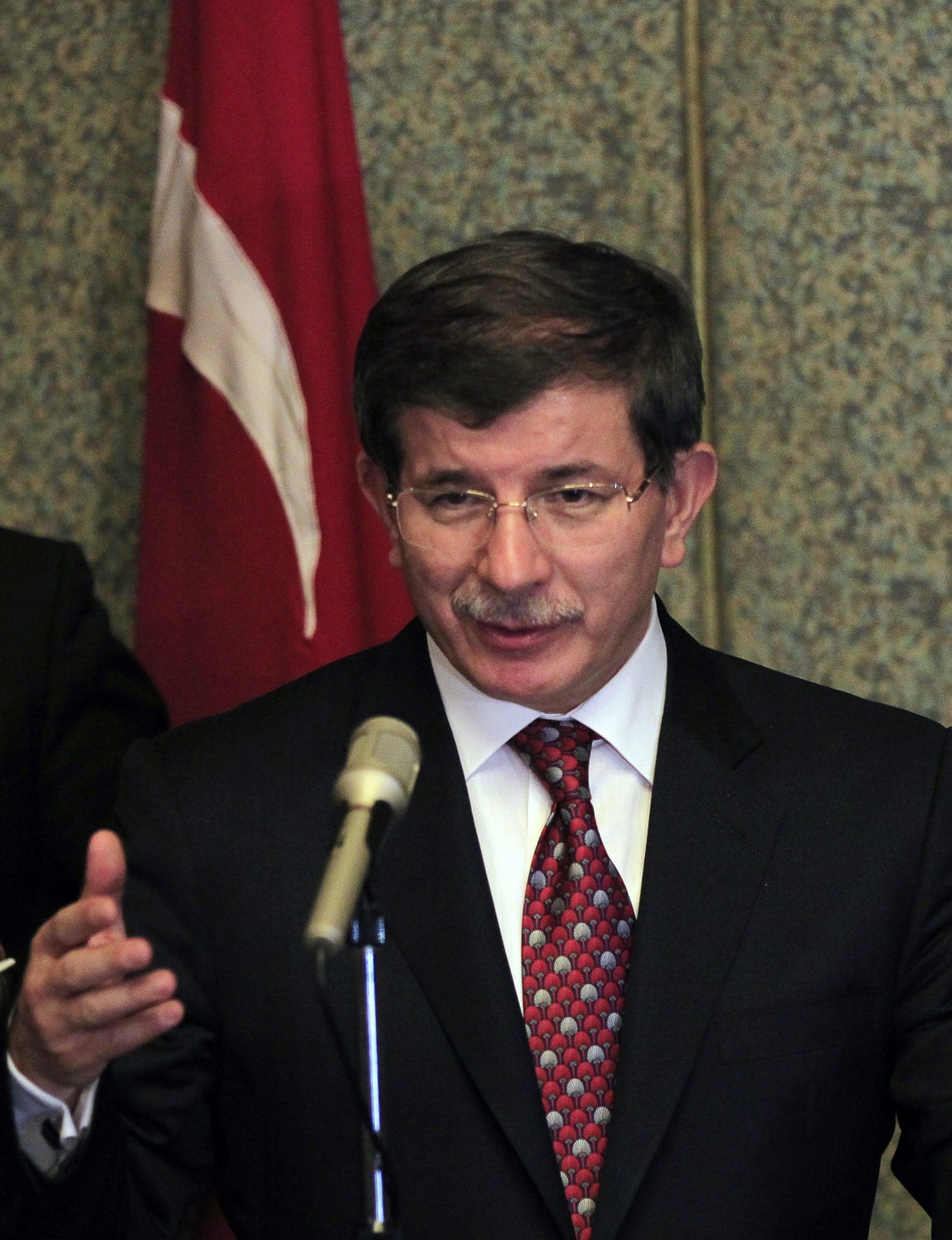There is a public debate in Turkey about the government’s policies toward the Syrian crisis.
The main argument by the critics is that the government is following American directions in these policies. According to this argument, the Arab Spring in general, and the Syrian revolution in particular, are results of an American project of creating a new order in the Middle East. There are at least three problems in this argument.
First, there is no monolithic American approach toward the Arab Spring. The experts of the US foreign policy would acknowledge how the US policies toward the Arab Spring have been mostly ad hoc, inconsistent and with unexpected results. US domestic politics is more divided on this issue.
For example, a few days ago Louie Gohmert, a Republican US representative from Texas, gave a speech in the Congress to criticize President Barack Obama’s policy toward the Arab Spring. He claimed that Obama was establishing a “second Ottoman Empire” by allowing Islamists to take over and leaving the isolation of Israel in the region.
Gohmert’s speech does not simply mean a personal opinion, but reflects some conservatives’ view of the Arab Spring. For them the Arab Spring implies the replacement of allies, such as Hosni Mubarak and Zine Ben Ali, by radical Islamists.
Second, those who reduce the Arab Spring into a US conspiracy seem to ignore the recent history of the Middle East, especially the brutal suppression of the Syrian opposition by Hafez al-Assad in the 1980s.
Since then, the persecution of the opposition in Syria has persistently continued. I spent two months in Damascus in 2008 and 2010. The people’s fear of the regime was clearly observable even in those years, when Bashar al-Assad was regarded as a “liberalizing” figure. Thus, the uprising in Syria has long historical and deep societal roots.
Moreover, the reductionist view of the Arab Spring as if it was planned by the United States, describes Arab peoples as docile bodies who cannot act on their own. In fact, in various Arab countries, particularly in Tunisia and Egypt, the opposition was organized to a certain extent, and people bravely revolted to end the dictatorial regimes.
Third and last, it is Turkey, and not the US, that pushes for increasing international intervention in Syria in the framework of either the UN or NATO. For various reasons, such as the upcoming presidential elections, the fatigue produced by the invasions of Iraq and Afghanistan, and Israel’s reservations, the United States is reluctant to fulfill Turkey’s demands.
Turkey is right in providing active support to the people of Syria. There are historical, cultural and humanitarian reasons that require Turkey to act like that. Beyond idealistic reasons, realpolitik also obliges neighboring countries and global powers to take initiative in order to stop the massacre in Syria. In the near future, the post-Assad Syria will be a friend of those who supported the Syrian people and will not forget who backed the Assad regime during this crisis.

